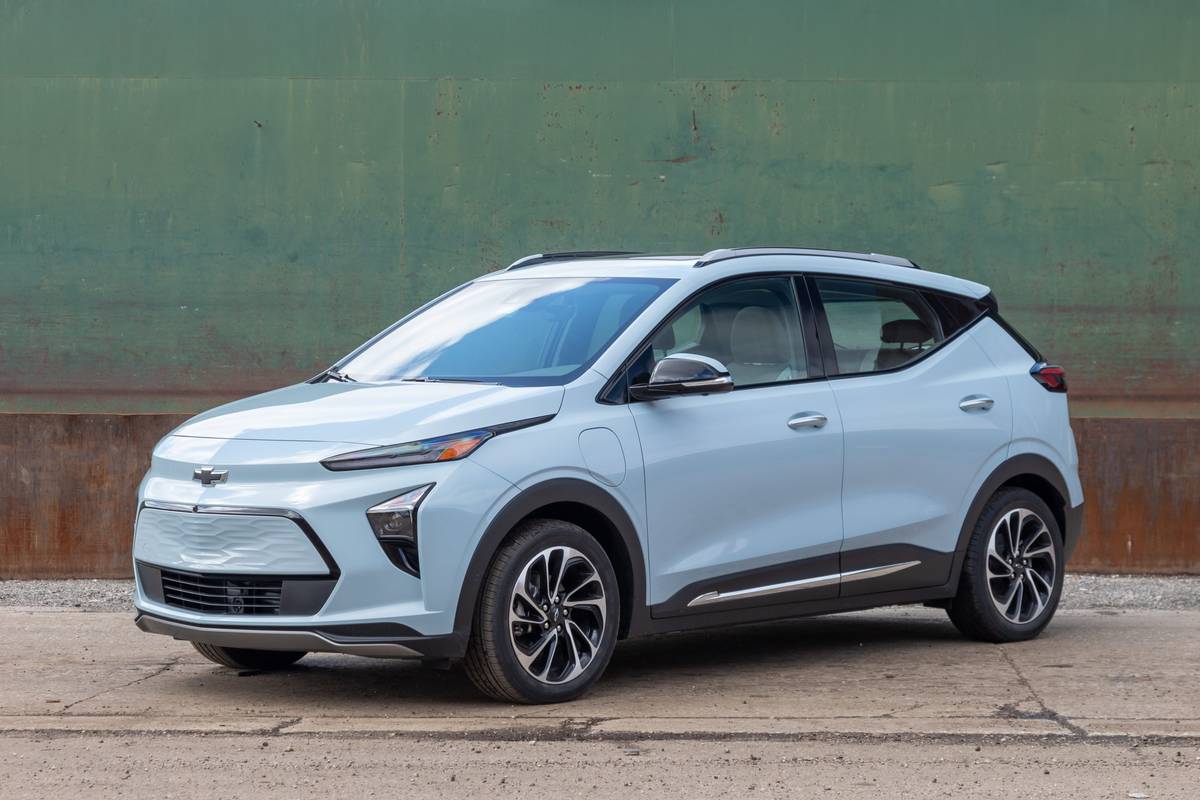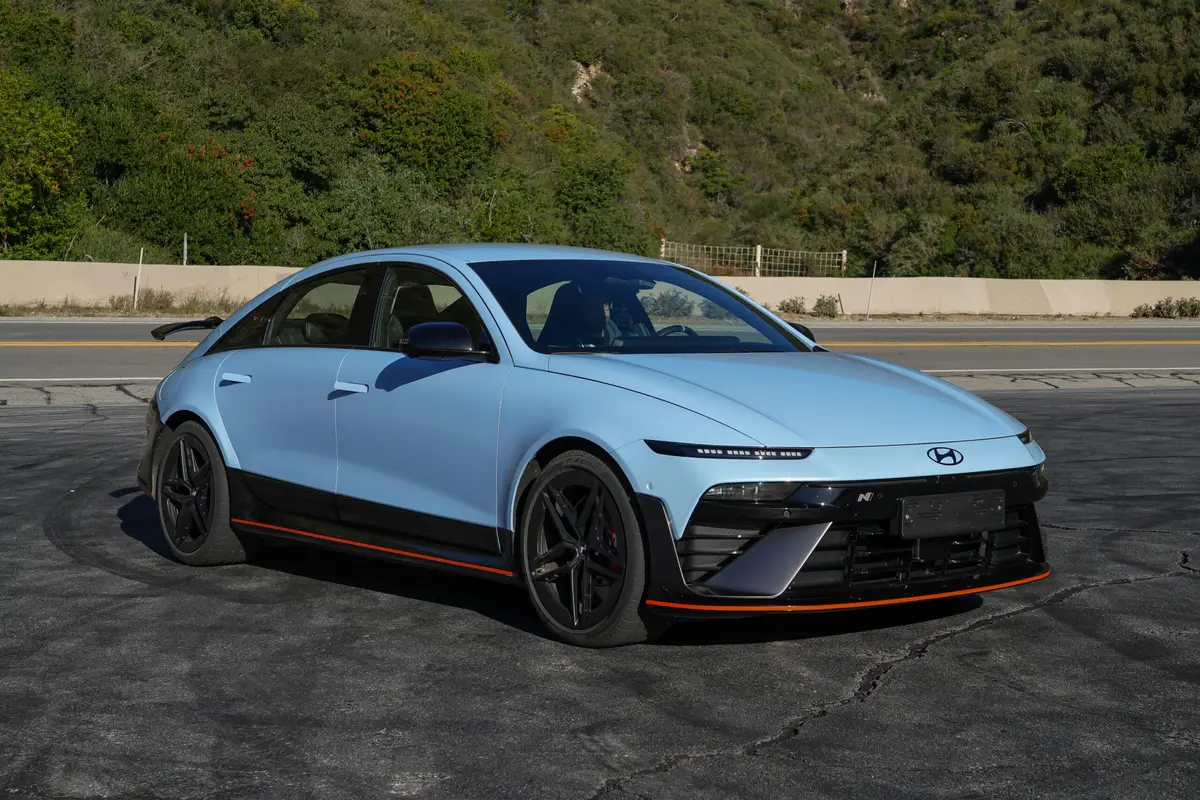Chevrolet to Retroactively Discount Some Bolt EVs, Bolt EUVs


As vehicle prices soar, it’s getting rarer for automakers to cut prices on new models; that’s why Chevrolet’s recent announcement that the 2023 Bolt EV and EUV will cost roughly $6,000 less than their 2022 counterparts came as a surprise. The price drop was welcome news for shoppers, but it also meant those who bought the current Bolt EV or EUV paid thousands of dollars more. Now, customers who purchased a Bolt in 2022 can stop kicking themselves — Chevy says they’ll be able to get a discount retroactively.
Related: 2023 Chevrolet Bolt EV’s Price Cut Makes a Good Thing Better
The 2022 Bolts had a rocky start after a battery defect set off a series of recalls, as well as a production pause and stop-sale order. By April, production was back on track, and by summer, Chevy announced updated prices for 2023: The Bolt EV would start at $26,595, a $5,900 price cut compared to the 2022 model, and the Bolt EUV’s price would start at $28,195, a $6,300 drop (prices include destination).
Automotive News reports that all U.S. customers who purchased a Bolt EV or EUV in 2022 are eligible for reimbursement. This includes model-year 2020-22 Bolt EVs and 2022 Bolt EUVs (when it first went on sale) but excludes leased vehicles. Eligible customers will receive a letter from Chevy with instructions for redeeming the discount, and the final amount will depend on the vehicle’s trim and model year, according to the report.

“A small number of Bolt EV and EUV customers purchased their vehicles in [the] 2022 calendar year when incentives were low due to limited inventory,” a Chevy spokesperson wrote in an email to Cars.com. “As a result of the price reduction announced on the 2023 Chevrolet Bolt EV [and] EUV, we want to make sure these customers are satisfied with their purchase and ownership experience. We will be reaching out to them in the coming weeks to inform them of a goodwill program that will provide reimbursements to make up the price difference.”
The Bolt EV’s new starting price earns it the title of cheapest electric vehicle, undercutting the Nissan Leaf. Unlike some competitors, however, the Bolts aren’t eligible for the federal EV tax credit (though some shoppers may be able to take advantage of local EV incentives). Other than the price cut, changes for the 2023 Chevy Bolt EV and EUV are minimal and include a new exterior paint color and newly available dealer accessories.
More From Cars.com:
- 2022 Chevrolet Bolt EUV Review: Electric; Useful; Vanilla
- What’s New With Electric Vehicles for 2022?
- What to Know Before Purchasing an Electric Vehicle: A Buying Guide
- 2022 J.D. Power Initial Quality Study: New-Vehicle Problems Hit All-Time High
- More Electric Car News and Testing
Cars.com’s Editorial department is your source for automotive news and reviews. In line with Cars.com’s long-standing ethics policy, editors and reviewers don’t accept gifts or free trips from automakers. The Editorial department is independent of Cars.com’s advertising, sales and sponsored content departments.

Former News Editor Jane Ulitskaya joined the Cars.com team in 2021, and her areas of focus included researching and reporting on vehicle pricing, inventory and auto finance trends.
Featured stories



